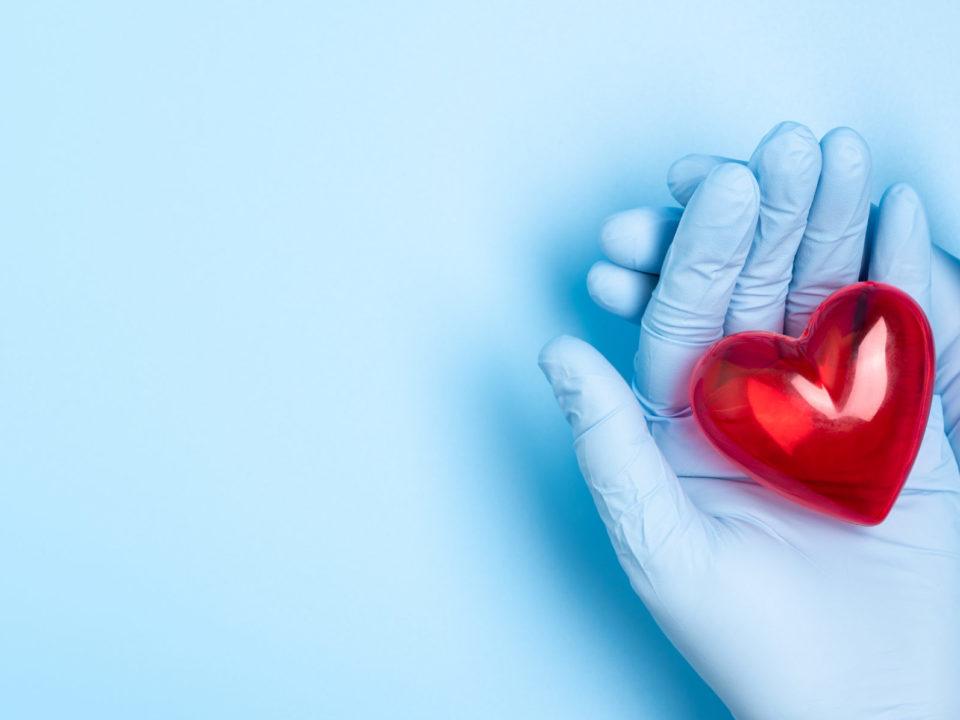Ways to Control High Blood Pressure Without Medication
High blood pressure, or hypertension, is a medical condition that is characterised by blood pressure being too hard against the artery walls. While a healthy blood pressure reading is generally less than 120/80 mmHg, a high blood pressure of 140/90 mmHg is high, and a blood pressure of 180/110 mmHg is classified as severe and can be dangerous.
Before we go into ways to control your blood pressure without medication, it helps to understand what all the numbers and letters stand for.
Blood pressure is measured by two numbers; the first number is called systolic blood pressure and the second diastolic blood pressure. Systolic blood pressure refers to the pressure in your arteries when your heart beats while diastolic blood pressure measures the pressure in your arteries when your heart rests between beats. The letters “mmHg” is the unit of measurement used to measure blood pressure. It stands for “millimetres of mercury”.
Risk Factors of High Blood Pressure
Anyone can have high blood pressure, regardless of demographics such as age. However, there are risk factors that can make an individual more susceptible to high blood pressure. These risk factors include:
- Unhealthy diet
- Physical inactivity
- Smoking
- Excessive alcohol intake
- Being overweight
Ways to Control High Blood Pressure Without Medication
First of all, always consult your general practitioner (GP) or another medical professional before taking treatment into your own hands. Although the tips contained in this article appear simple enough, your high blood pressure may require a proper diagnosis and medication in addition to these.
Diversify your diet
A diet that is high in trans and saturated fats and salt can contribute to high blood pressure. Eliminating or reducing these and increasing your intake of fresh fruits and vegetables can have a positive impact not only on your blood pressure, but also your overall health.
Keep active
Incorporating movement into your daily routine is one of the best ways to stay healthy and reduce chronic high blood pressure. Even the simplest of activities can help, such as walking or playing with your dog, taking a walk around the block, or even signing up for a yoga class. Physical activity is good for your body but is also important for your mental well-being, increasing happiness-inducing endorphins.
Weight management
Being overweight is one of the most common risk factors for high blood pressure. Weight loss is directly related to diet and physical activity. Once your diet and exercise is in check, losing weight will follow suit.
Stop smoking
Smoking can have detrimental effects on your body, not only on your lungs, but your blood pressure too. Nicotine raises your blood pressure and your heart rate. It also narrows arteries and hardens their walls, making your blood more likely to clot, which can lead to a heart attack or stroke.
Reduce your alcohol intake
Alcohol causes the muscles in your blood vessels to become narrow, making it harder for blood to pass through them. This, in turn, raises your blood pressure. Avoid drinking alcohol or, at the very most, limit yourself to only one alcoholic drink per day for women and two for men.
Bottom Line
Although high blood pressure can lead to serious medical events such as a heart attack or stroke, you can make simple changes to your lifestyle that can do wonders for your body. Consistency is key and, in the long run, you’ll thank yourself for it.
Be advised that consulting a doctor or specialist is the best way to manage high blood pressure and also take their advice before going down another treatment avenue.
For more information please contact:
Dr M. Jansen Van Rensburg, General Practitioner
Hospital: Sunningdale Hospital
Telephone: 018 462 5891
Email: [email protected]
The lenmed Group is a world-class chain of Private Hospitals that brings quality healthcare to communities across Southern Africa.
Disclaimer: Any information contained here is merely a guideline. Always visit your healthcare practitioner for any health-related advice or diagnosis.
















